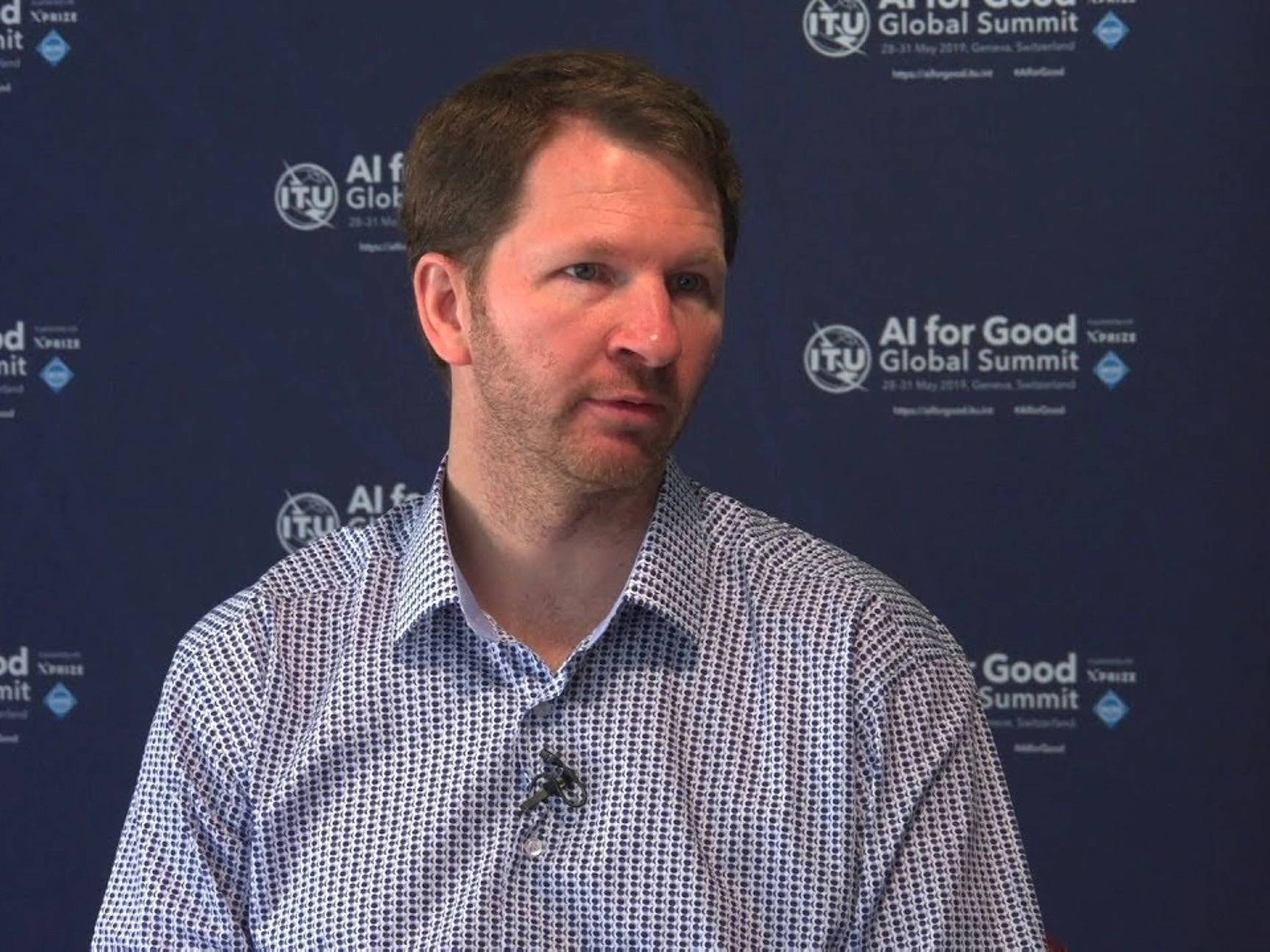Trent McConaghy
Trent McConaghy is a leading computer scientist, entrepreneur, and advocate for decentralized technologies, renowned for his significant contributions to the fields of blockchain and artificial intelligence (AI). His work spans the development of pioneering blockchain projects, including Ocean Protocol, which facilitates decentralized data exchange, and BigchainDB, a blockchain database solution.
Early Life and Education
McConaghy pursued a Bachelor's degree in Electrical Engineering and a Bachelor's degree in Computer Science from the University of Saskatchewan. He conducted research in machine learning for the Canadian Department of National Defense in the late 1990s. Then, he later earned a Ph.D. in Electrical Engineering from KU Leuven in Belgium. [1]
Career
McConaghy's early career involved AI research for national defense. His first startup venture, ADA, explored the intersection of human creativity and AI-based machine creativity. This work led to ADA's acquisition by Synopsys in 2004. His doctoral research furthered the integration of machine creativity with existing engineering knowledge. [1]
His second startup, Solido, focused on leveraging AI to support Moore's Law in chip design. Siemens acquired Solido in 2017. [1]
Ocean Protocol
McConaghy is one of the founders of Ocean Protocol, which aims to democratize global data. Beginning in 2013 with the launch of the ascribe NFT platform and followed by the creation of the BigchainDB blockchain database in 2015, the focus of McConaghy's career shifted towards Ocean Protocol in 2017. [1] McConaghy mentioned on one of his interviews:
“I believe that Ocean will become ubiquitous, and we are on track with that. How do you get to the ubiquity and its sustained growth over long periods? Facebook has become ubiquitous right now. It started with just college students and Harvard. But then it spread itself one university at a time. And eventually, after years and years of sustained growth, it became ubiquitous. And hopefully, it won’t be ubiquitous forever because it’s centralized. And typically, things fade. Ocean, though, I hope, becomes ubiquitous and has decentralized goals. It is an infrastructure for civilization, just like TCP/IP with web protocols on top.” [2]
